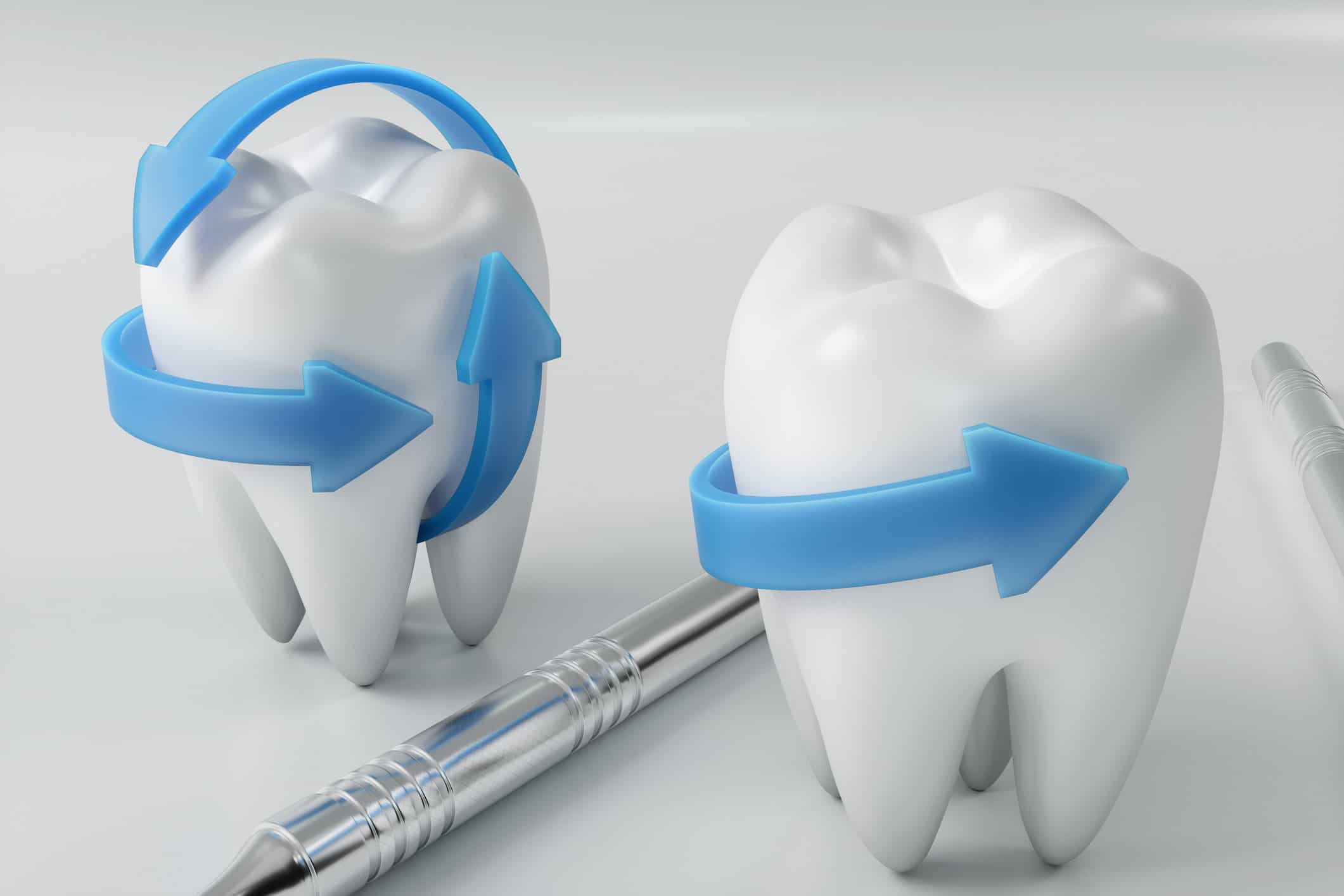These changes can occur on the lips, cheeks, upper and lower jaws, palate and gum tissue around the teeth, tongue, face and/or neck. Pain is not always associated with these findings.
Multiple risk factors have been determined through research. The most common is the use of tobacco (all forms) and alcohol. Others include poor oral hygiene, irritation caused by ill-fitting dentures and rough surfaces on teeth, poor nutrition, some chronic infections and combinations of these factors. We recommend performing an oral self-examination monthly and remember that your mouth is one of your body’s most important warning systems. Even if you do not have any of these risk factors do not ignore any lumps, masses, sores in your mouth and neck regions. Please contact us so we may help. A lot of times a biopsy may be recommended. A biopsy involves the removal of a small piece of the suspicious tissue, which is then sent to a pathology laboratory for a microscopic examination that will accurately diagnose the problem. The biopsy report not only helps establish a diagnosis but also enables the doctor to develop a specific plan of treatment.
Bisphosphonate-Related Osteonecrosis of the Jaw (BRONJ) is a condition best described as an area of bone in the jaw that has died and been exposed in the mouth for more than 8 weeks in a person taking any bisphosphonate. Symptoms of BRONJ include:
- Exposed bone;
- Localized pain;
- Swelling of the gum tissues and inflammation
- Loosening of previously stable teeth
- Chronic infection
Risk Factors for BRONJ
While the majority of patients on intravenous (IV) and oral bisphosphonates will not develop BRONJ, it is important to understand the risk factors for the disease. BRONJ is most often seen in patients who have received bisphosphonates through IV therapy, but cases have been reported in patients who are taking oral bisphosphonates. Researchers believe that the best treatment for BRONJ is to prevent its occurrence. They have identified three categories of risk factors for the disease.
1. Use of bisphosphonates. Although this is a common reason for the development of BRONJ, it is the dosage and length of therapy that are the determining factors. IV bisphosphonates used in cancer treatment are much more potent than the oral bisphosphonates used to manage osteoporosis, thus increasing the risk for BRONJ in these patients.
2. Duration or number of treatments with bisphosphonates. The risk of developing BRONJ appears to increase in relation to the number of treatments with an IV bisphosphonate.
3. Dental procedures. Patients undergoing routine dental surgical procedures, including tooth extraction, periodontal surgery or dental implant placement, while being treated with bisphosphonates comprise about 60% of BRONJ cases.
Bisphosphonates are excellent medications for bone diseases and osteoporosis that help relieve bone pain and prevent fractures. However, long-term use of bisphosphonates, particularly IV bisphosphonates for metastatic bone disease, may be associated with a small but real risk of developing osteonecrosis of the jaw. While BRONJ is a new and potentially serious condition, it is important to know that your oral and maxillofacial surgeon is experienced and knowledgeable in the prevention and treatment of this disease.

